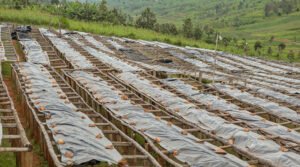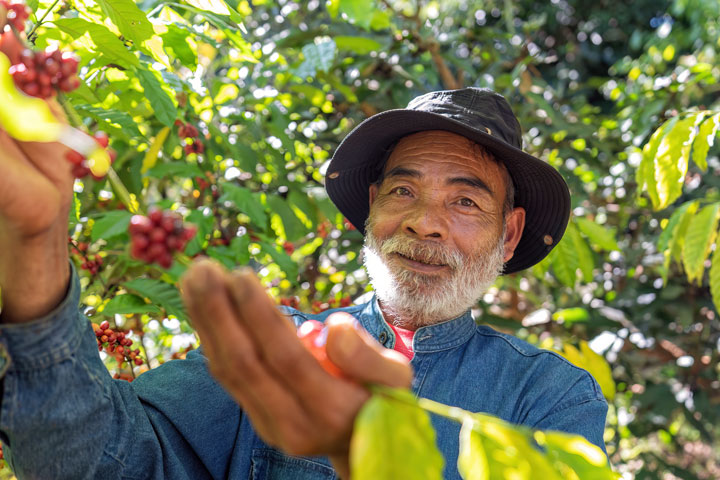
The coffee industry is a massive global business, with millions of people around the world depending on it for their livelihood. However, as with many other industries, the coffee sector faces significant challenges related to climate change, environmental degradation, and social issues. This article will explore the challenges faced by the coffee industry and discuss how sustainable farming practices can help shape our planet’s future.
By implementing these practices, we can ensure a more ethical and environmentally-friendly coffee production process that benefits both producers and consumers.
Challenges Faced by the Coffee Farming Industry
Climate Change
One of the most pressing challenges faced by the coffee industry is climate change. Rising temperatures, shifting rainfall patterns, and an increase in extreme weather events are all affecting coffee production worldwide. These changes can lead to reduced yields, lower quality beans, and even the complete loss of some coffee plantations. As a result, coffee farmers are struggling to adapt to these new conditions, with many facing an uncertain future.
Pest Infestation
Another challenge facing the coffee industry is the growing threat of pest infestations. Pests such as the coffee berry borer and the coffee leaf rust have become increasingly problematic in recent years, causing significant damage to coffee crops and reducing the quality of the beans produced. These pests thrive in warmer temperatures, so as climate change continues to intensify, so too will the threat they pose to coffee production.
Soil Degradation
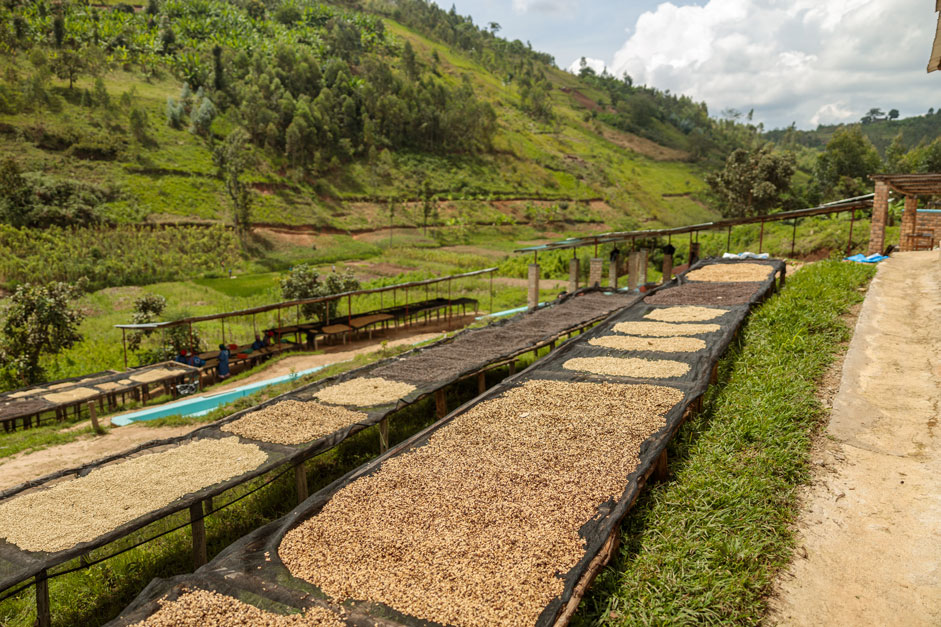
Monoculture farming techniques, which involve planting a single crop over large areas, have led to significant soil degradation in coffee-growing regions. This practice depletes the soil of essential nutrients, making it harder for coffee plants to grow and produce high-quality beans. Soil degradation also increases the risk of erosion and can contribute to water scarcity issues, as depleted soil struggles to retain moisture.
Water Scarcity
Growing coffee crops require a significant amount of water, with many coffee-growing regions facing water scarcity issues as a result. The overuse of water resources can lead to reduced water availability for other uses, such as drinking water and sanitation, and can contribute to the degradation of local ecosystems.
Solutions for Sustainable Coffee Farming Practices
Organic Farming Techniques
One solution to the environmental challenges faced by the coffee industry is the adoption of organic farming techniques. By avoiding the use of synthetic chemicals and fertilizers, organic farming helps reduce chemical runoff into water sources, protecting both water quality and aquatic ecosystems. Organic farming can also help improve soil health by promoting the growth of beneficial microorganisms and increasing nutrient availability.
Diversifying Crops
Another solution for promoting sustainable coffee farming is to diversify the crops grown alongside coffee plants. This can help improve soil health by adding essential nutrients back into the soil, reducing the need for synthetic fertilizers. Crop diversification can also help control pests by creating a more balanced ecosystem, reducing the need for potentially harmful pesticides.
Shade-Grown Coffee
Shade-grown coffee is a sustainable farming practice that involves growing coffee plants under the canopy of native trees, rather than in full sun. This method promotes biodiversity by providing habitat for various species of birds and insects, which can help control pests naturally. Shade-grown coffee also helps regulate the microclimate within the plantation, reducing the need for irrigation and helping to mitigate the impacts of climate change on coffee production.
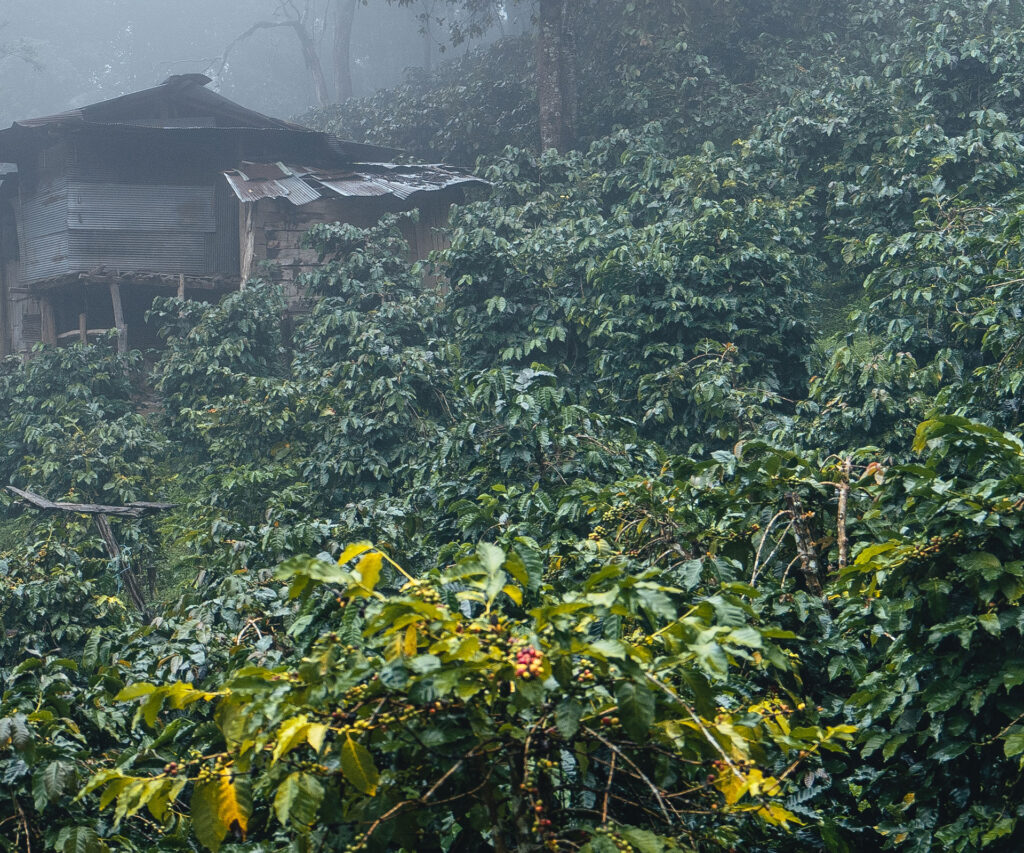
Agroforestry Systems
Implementing agroforestry systems is another way to promote sustainable coffee farming. Agroforestry involves integrating trees and other perennial plants into agricultural systems, which can help improve soil health, reduce erosion, and enhance biodiversity. Trees can also act as a form of carbon sequestration, helping to combat climate change by absorbing carbon dioxide from the atmosphere.
Education and Training
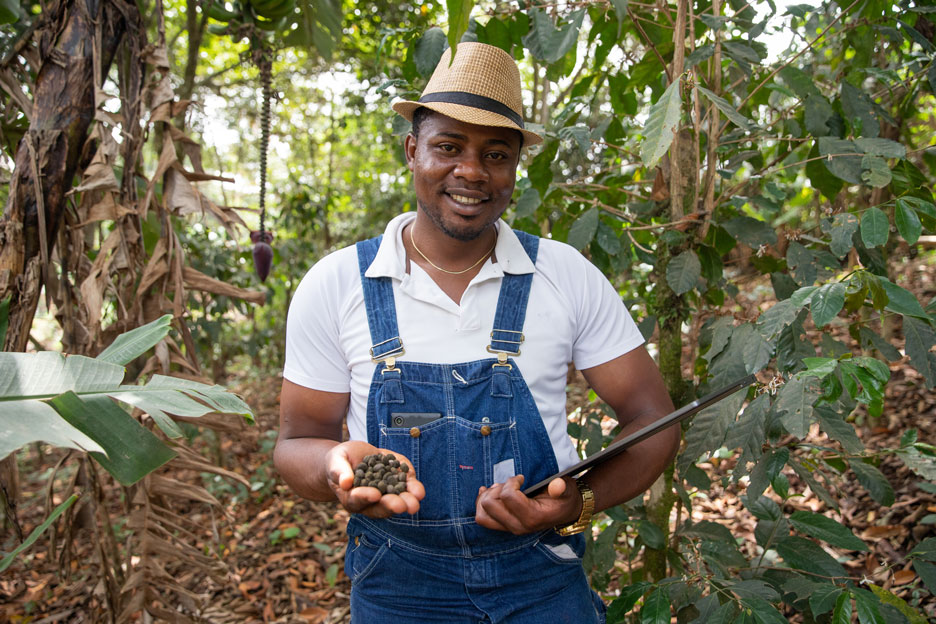
Educating coffee farmers about the benefits of sustainable agriculture and providing them with the tools and training necessary to implement these practices is crucial for promoting change within the industry. By empowering farmers with the knowledge and resources needed to transition to more sustainable practices, we can help ensure the long-term viability of the coffee industry and protect the environment.
The Last Drop
The coffee industry faces significant challenges related to climate change, pest infestations, soil degradation, and water scarcity. However, by adopting sustainable farming practices such as organic farming, crop diversification, shade-grown coffee, agroforestry systems, and education and training, we can help mitigate these challenges and ensure a more ethical and environmentally-friendly coffee production process.
By supporting ethical, sustainable coffee production, consumers can help drive positive change within the industry and contribute to a healthier planet for future generations.
FAQ: Sustainable Coffee Farming Practices
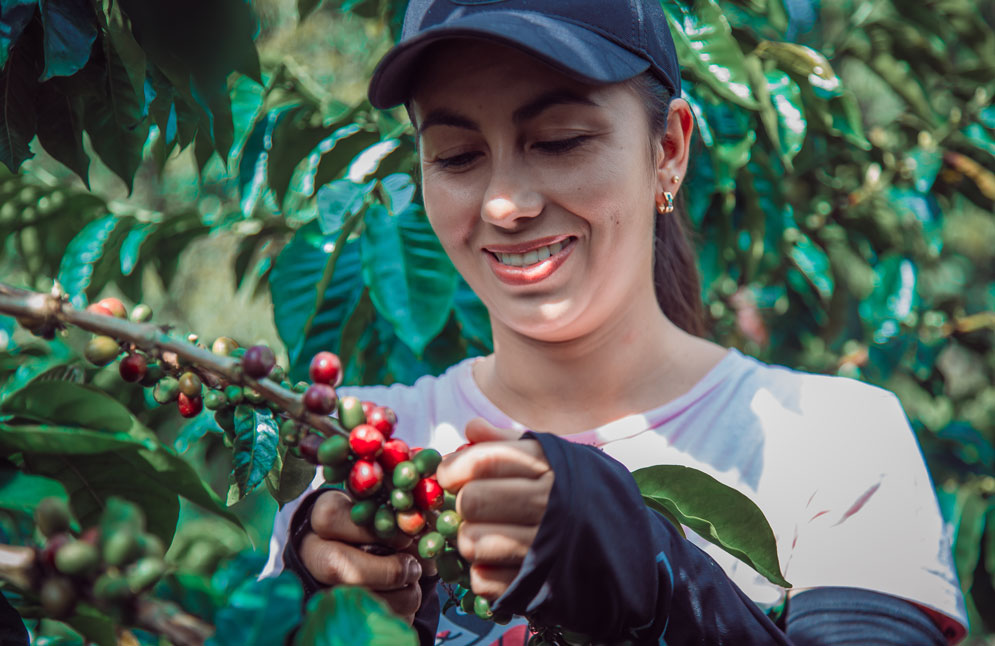
1. What are the main challenges faced by the coffee industry?
The main challenges faced by the coffee industry include climate change, pest infestations, soil degradation, and water scarcity. These challenges affect coffee production in various ways, such as reduced yields, lower quality beans, and loss of coffee plantations.
2. How can organic farming techniques help address the environmental challenges faced by the coffee industry?
Organic farming techniques can help address environmental challenges by avoiding the use of synthetic chemicals and fertilizers, which reduces chemical runoff into water sources and protects water quality and aquatic ecosystems. Organic farming also improves soil health by promoting the growth of beneficial microorganisms and increasing nutrient availability.
3. What is shade-grown coffee, and how does it promote sustainability?
Shade-grown coffee is a sustainable farming practice that involves growing coffee plants under the canopy of native trees, rather than in full sun. This method promotes biodiversity by providing habitat for various species of birds and insects, which can help control pests naturally. Shade-grown coffee also helps regulate the microclimate within the plantation, reducing the need for irrigation and helping to mitigate the impacts of climate change on coffee production.
4. How can education and training contribute to promoting sustainable coffee farming practices?
Educating coffee farmers about the benefits of sustainable agriculture and providing them with the tools and training necessary to implement these practices is crucial for promoting change within the industry. By empowering farmers with the knowledge and resources needed to transition to more sustainable practices, we can help ensure the long-term viability of the coffee industry and protect the environment.








